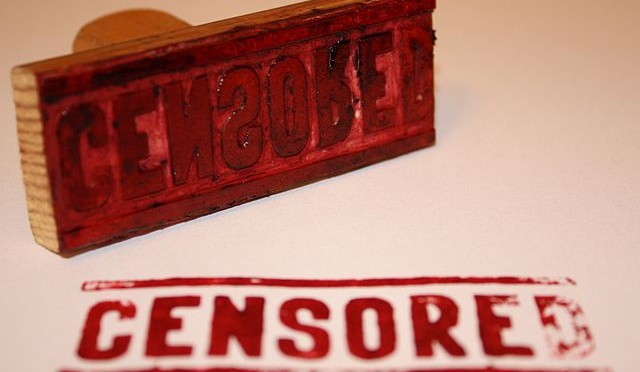For about five years, I’ve tracked state plans to introduce mandatory Internet censorship under the guise of “protecting children from pornography”, and for the past 18 months or so, I’ve documented these activities on this blog. This drive to censorship has been backed by carefully orchestrated scaremongering about children being “harmed” by pornography by an alliance of government regulators, religious moralists and anti-sex feminists. Most recently (and disturbingly) the child-protection charity NSPCC joined the party, with a deeply unscientific piece of market research.
Today, the Tories confirm that they will, indeed, enforce blocking of web content, if they win the election. To summarise the steps leading up to this:
- In 2010, a new regulator, ATVOD, was created to regulate UK video-on-demand providers. ATVOD has focused almost all its efforts on closing down UK-based porn businesses that don’t comply with extremely stringent age-verification controls.
- ATVOD has devoted its own resources to lobbying for more powers for itself, complaining that no other country has implemented the same controls, and thus UK citizens are still able to access pornography overseas (or in other words, they’re complaining that no other government has the same prudish and panic-prone view of pornography as ours).
- In December 2014, a new law was introduced, banning online pornography that exceeds the BBFC’s strict R18 rating. Sadly, many pro-porn campaigners got distracted by controls on squirting and BDSM, and missed the bigger picture – as I wrote in December, “well over 99% of the world’s [adult] websites are now technically illegal here in the UK”.
- The last, inevitable step is to introduce mandatory website blocking of the vast majority of adult content worldwide that does not comply with the UK’s puritanical regulations.
This new law would empower an “independent regulator” (almost certainly ATVOD) to ensure that non-compliant material will be blocked. The result would be the blocking of millions of sites to ALL UK citizens. Although this march to censorship has been done in the name of child protection, there will be no official way for UK adults to access porn outside of the UK (although technical workarounds such as Tor will be easy enough to implement).
Based on the experience so far with the optional “porn filter” (which blocks far more than pornography), we can be certain that this new mass-blocking of websites will encompass far more than porn. Indeed, the government has already signalled a desire to block “extremist” sites – whatever they might be, and media corporations have long lobbied for blocking of pirated content. If implemented, this law puts the power of Internet censorship into the hands of a non-governmental body, and certainly marks the end of an open Internet for UK citizens.
Shamefully, these plans have been backed by certain porn companies, both British and American, which see a commercial advantage to the blocking of their competitors.
Finally, the end-game of the Porn Panic has arrived: now the task of building a broad movement for free speech begins. This was never about pornography.
